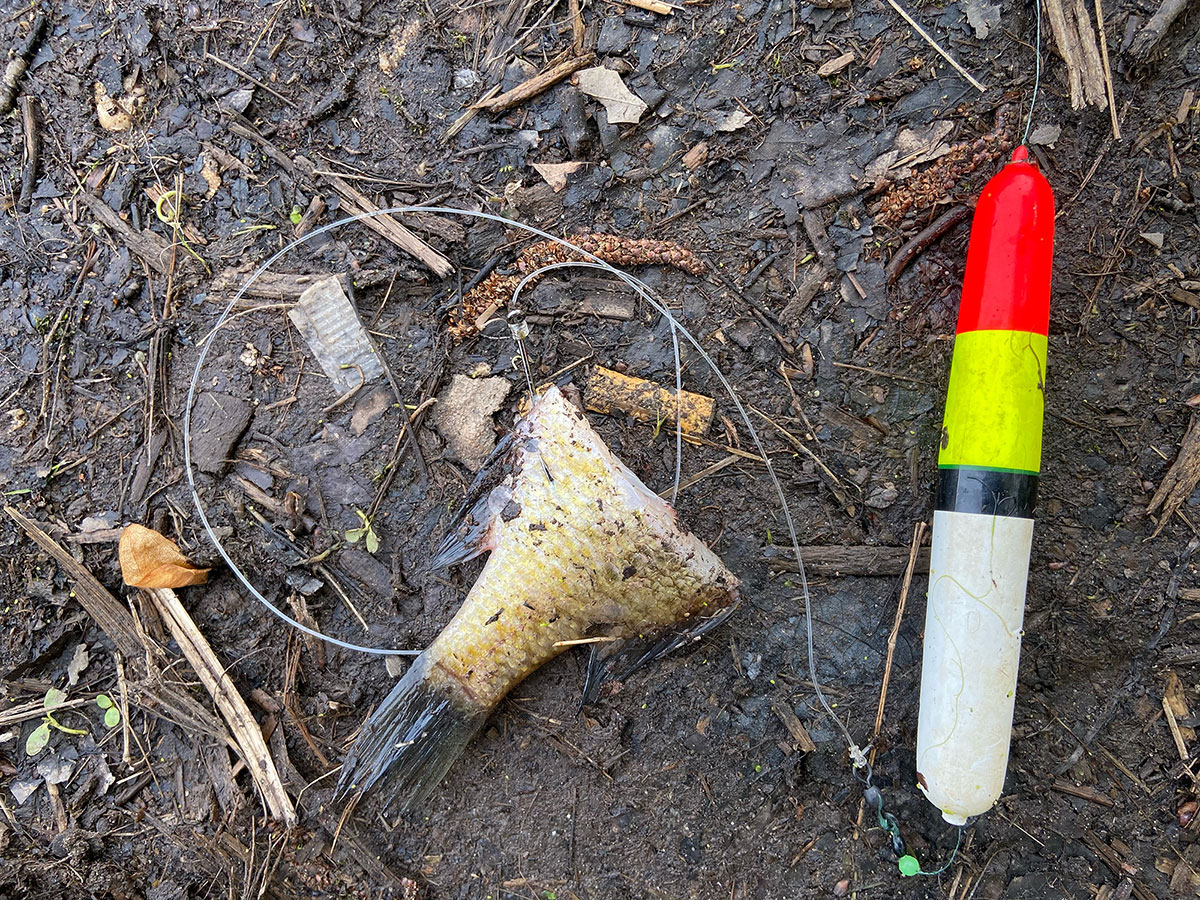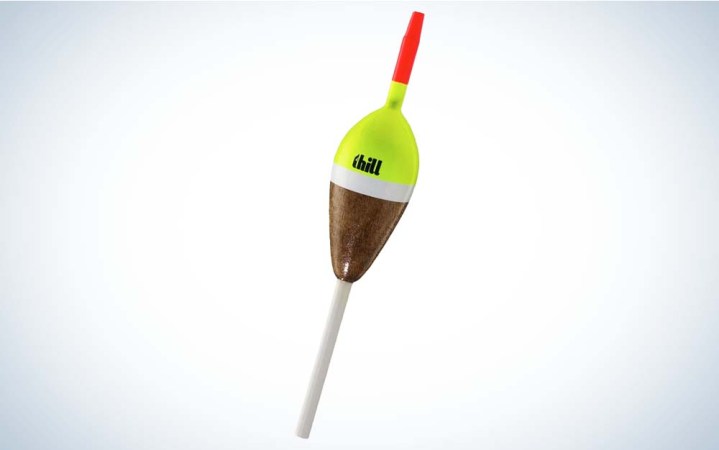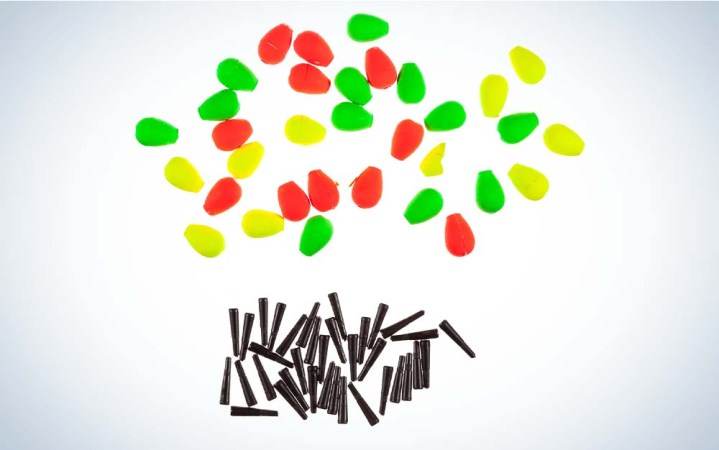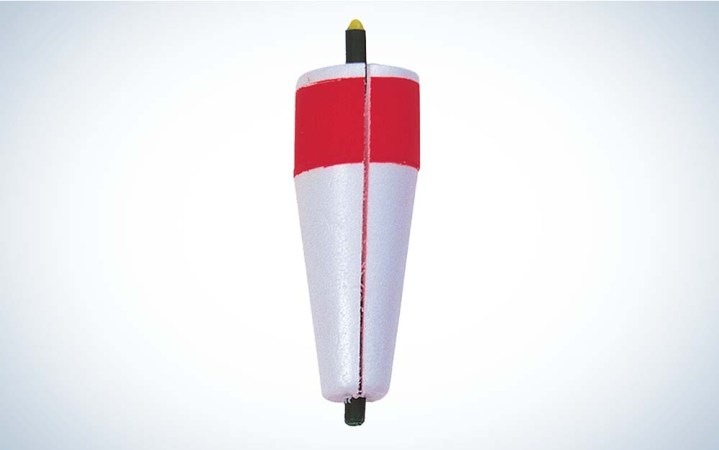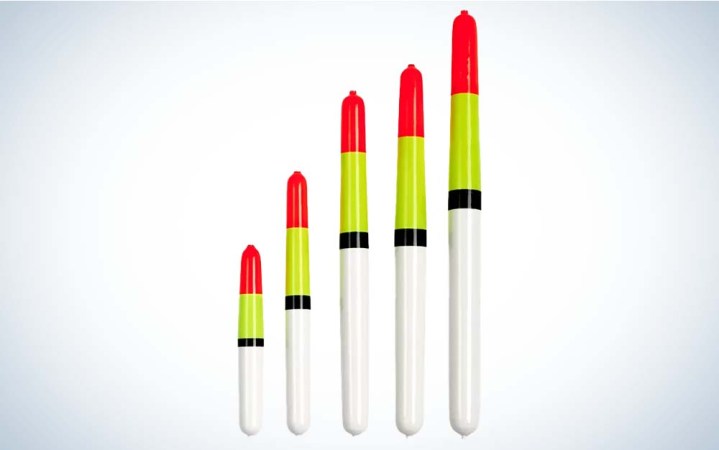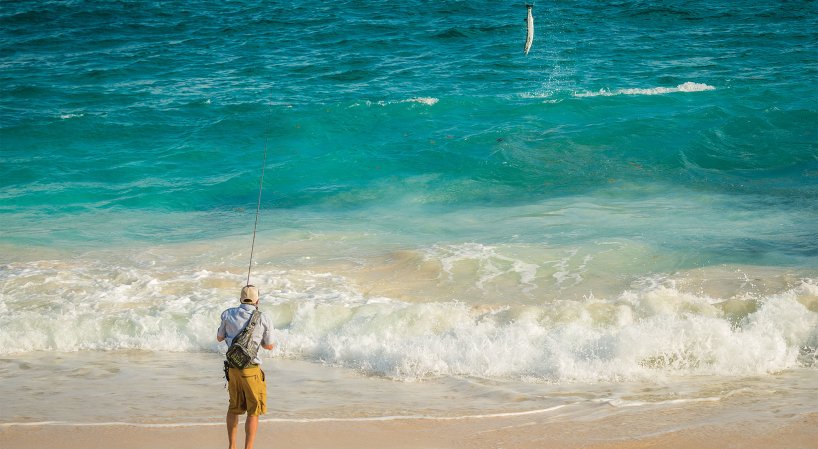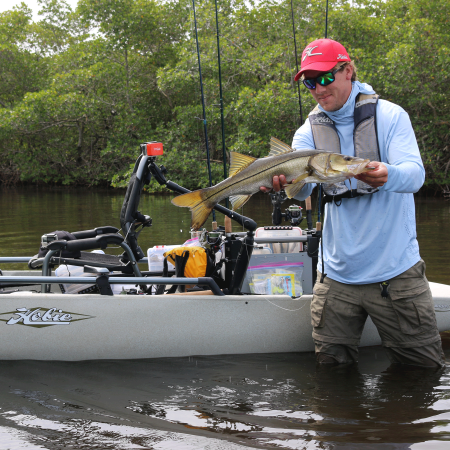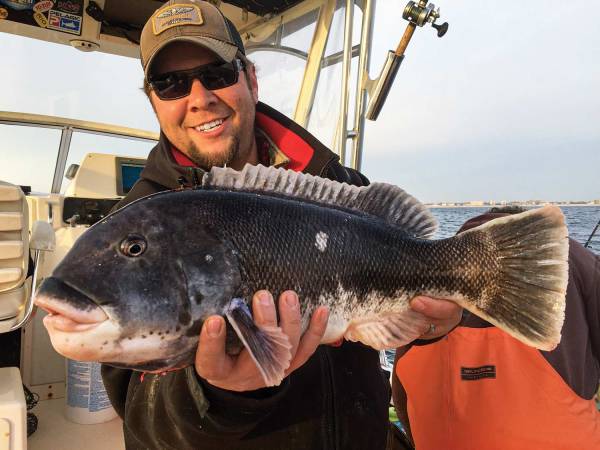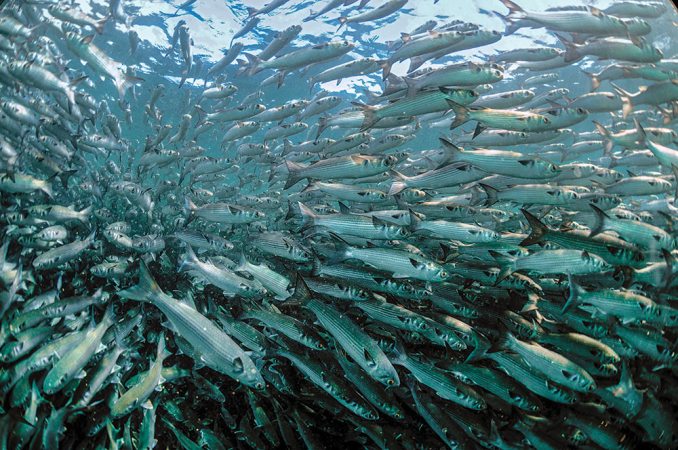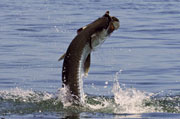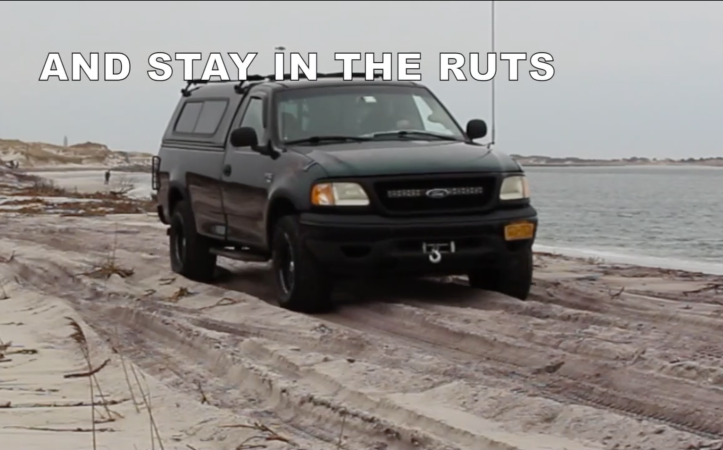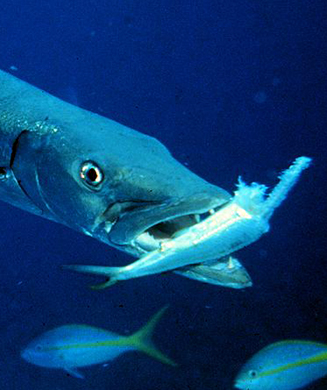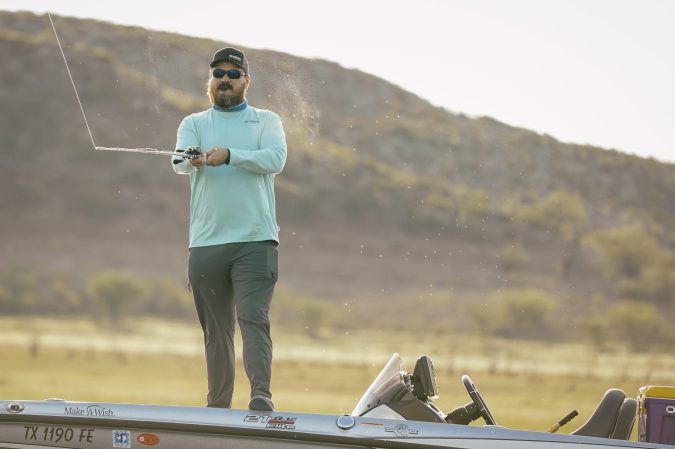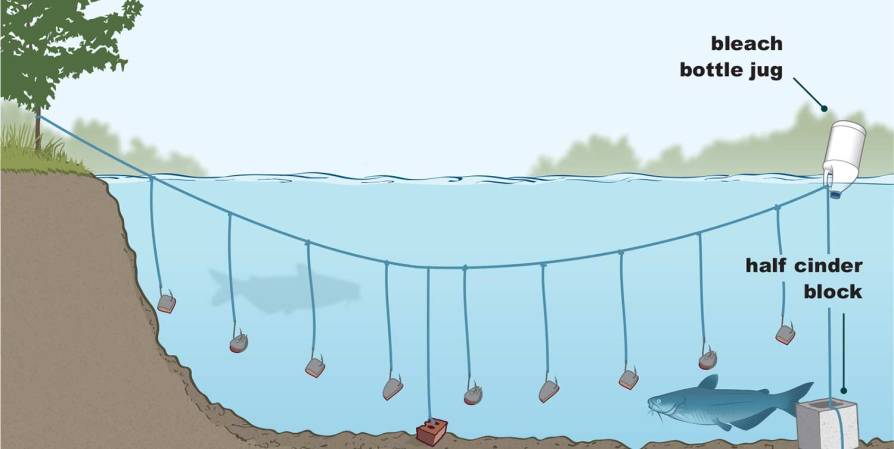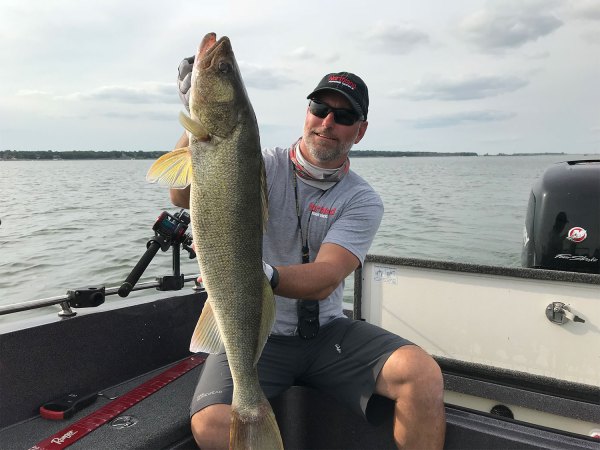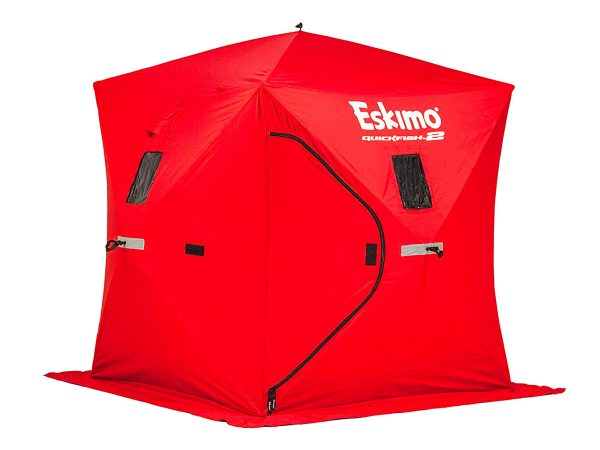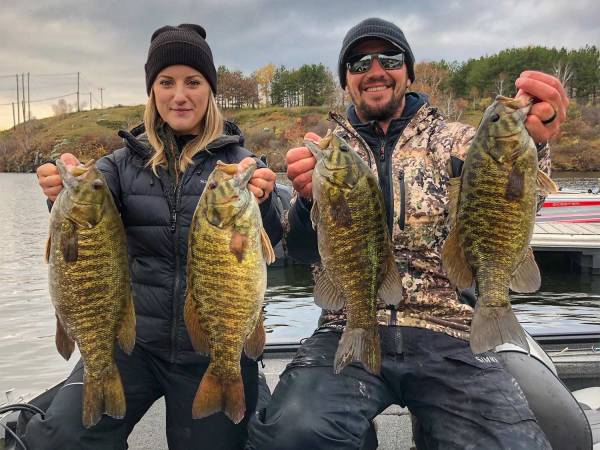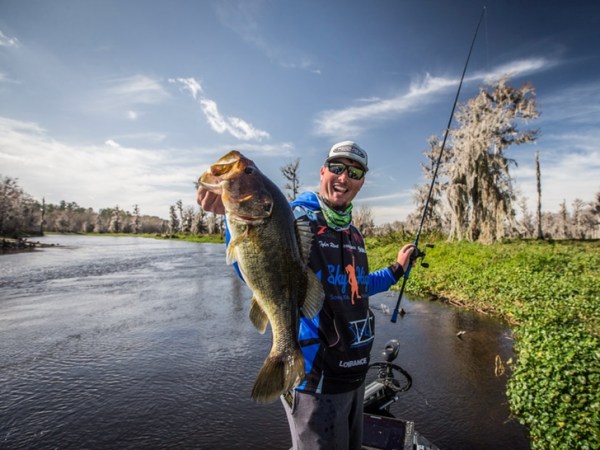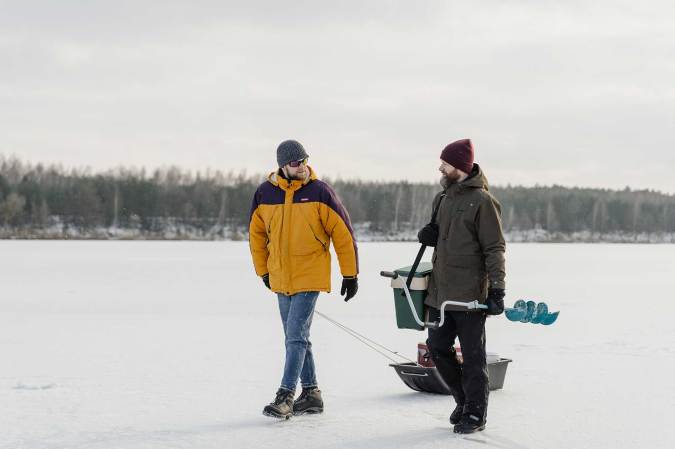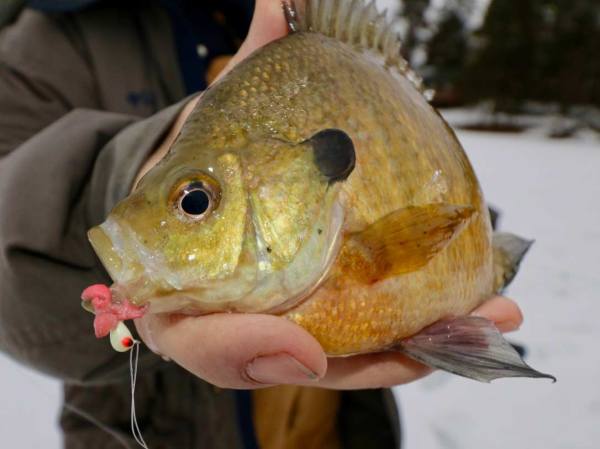We may earn revenue from the products available on this page and participate in affiliate programs. Learn More ›
The red-and-white plastic bobber. It’s one of the most iconic items in all of fishing. Next time you’re in the gift shop at the Cracker Barrel, look around. I promise you’ll find one depicted on a tin “gone fishin’” sign or door mat. I’m pretty sure there’s never been a fishing Santa or angling snowman ornament made that doesn’t feature a red-and-white bobber. Most of us learned to fish with these simple orbs on our lines. Watching that plastic bobber disappear under the strain of a bluegill brings back a lot of childhood memories. Key word here being “childhood,” because in my opinion, nobody older than 10 should be using a plastic red-and-white bobber.
What everybody older than 10 should still be doing is fishing bait under a bobber. No matter how hardcore you are, I bet you still get the warm fuzzies when you see a bobber getting pulled down. If you don’t, then you’re taking fishing too seriously. But there is a happy medium between being able to apply your skills while still giggling about a bobber down.
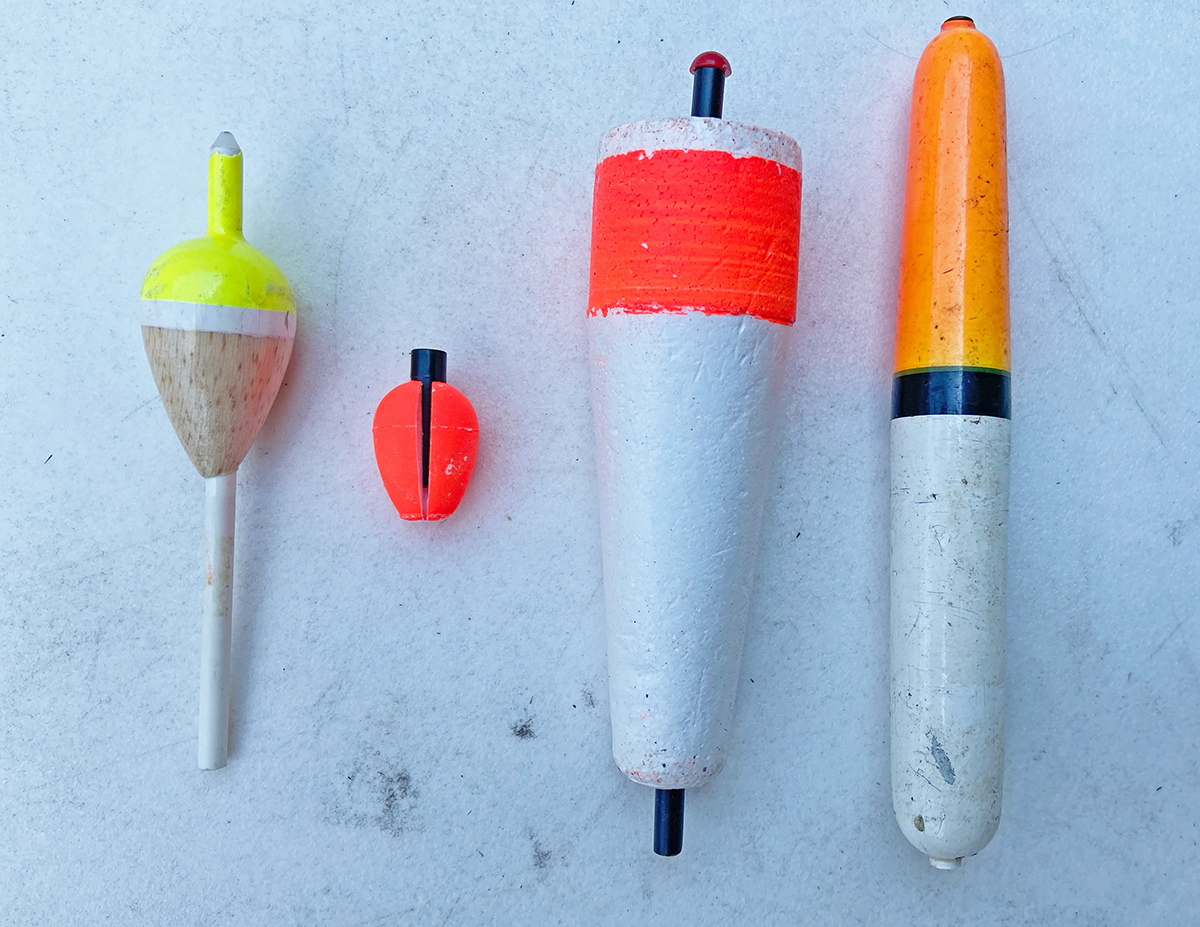
I bobber fish often, and I’ve come to really enjoy dialing in which kind of bobber is the best for different situations. Bobbers, after all, are part of your greater rig and tackle system. And believe it or not, choosing the right one will help you catch more fish. Here’s a lineup of the best bobbers available.
1. Oval Balsa Slip Float
This is what I consider the “grown up” version of the red-and-white beach ball bobber. Instead of being clipped in place—which can create kinks in your line—a slip float rides freely on your line. Above and below it, two rubber bobber stops are threaded onto the line. This allows you to make very fast adjustment, sliding the stops and the bobber up and down to position the bait exactly where you want it in the water column. Furthermore, bobber stops are cast-able, meaning you can slide the top one way up the line and cast, and as your bait descends, the float will slide up the line until it hits the stop. This allows you to hang baits in deep water without having to cast a long leader. The float can also slide down to the fish during the fight so you can get it into net range easily. The oval shape is also more hydrodynamic, so spooky fish will feel less resistance as they swim off with your bait. Finally, balsa is tough—if your red-and-white plastic bobber just kisses a rock or branch, it’s likely to get cracked.
2. Slip Style Indicator
Though originally designed for use while fly fishing, small, foam slip style indicators have quickly become a staple in my conventional light-tackle arsenal. These versatile floats can be pegged in place or rigged like a slip bobber, which is how I usually fish them. Because they are so light, you won’t be able to send one across the lake, but they are perfect for pond fishing and trout fishing, especially when stealth is critical. They barely make a sound or a splash when they hit the water. When a fish pulls against one, it feels very little resistance, so it hangs on longer. I love them for fishing a pocket water trout stream with a single mealworm and one BB-sized split shot. Slip style indicators also shine when presenting a single fathead minnow around shallow bank brush and laydowns for crappies.
3. Weighted Popping Float
Better known as a popping cork across the South, these floats are available in a wide variety of sizes and feature a scooped out top similar in appearance to a popper lure. You use them by hanging a live bait (usually shrimp) under them, then snapping the rod, and creating a pop and splash with the float. That popping attracts fish, which then hit your dangling live bait. Popping cork bobbers are highly effective for inshore species like seatrout and redfish, but don’t rule them out for freshwater species. I’ve had a lot of success fishing live shiners under small popping floats for bass and pickerel. The float still functions like a regular bobber, but the occasional pop can get fish to commit to the bait faster, especially in transitional times like fall and early spring when gamefish are a bit more sluggish.
4. Unweighted Pole Float
Pole floats come in a variety of sizes, all the way up to 10 inches long, but the one I use most often is the 5-inch model. After experimenting with several float styles, these have become my go-to for targeting bigger fish in shallow water, particularly channel cats and bowfins where I live in the Northeast. While these floats may look awkward, they have major advantages in the shallows. First, they lie flat on the surface, so the second a fish touches the bait they’ll quiver or begin to lift. Because of their length, even if that surface is covered with muck or duck weed, I can see the float from a mile away. When a fish eats and begins running, an unweighted pole float glides effortlessly across the water, so the fish barely feels it. Pole floats also come weighted, and while they’ll cast farther, they’ll also sit straight up and down at rest, which doesn’t offer the same advantages as the unweighted models.

